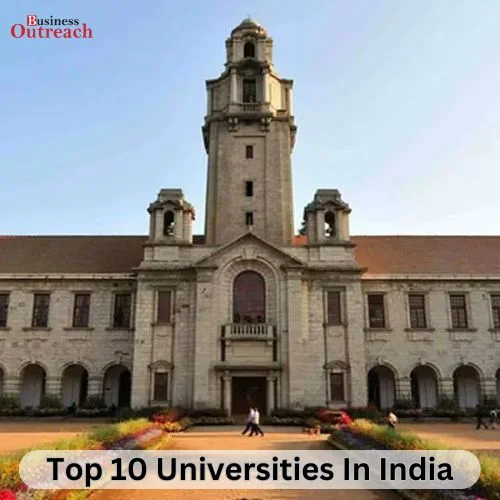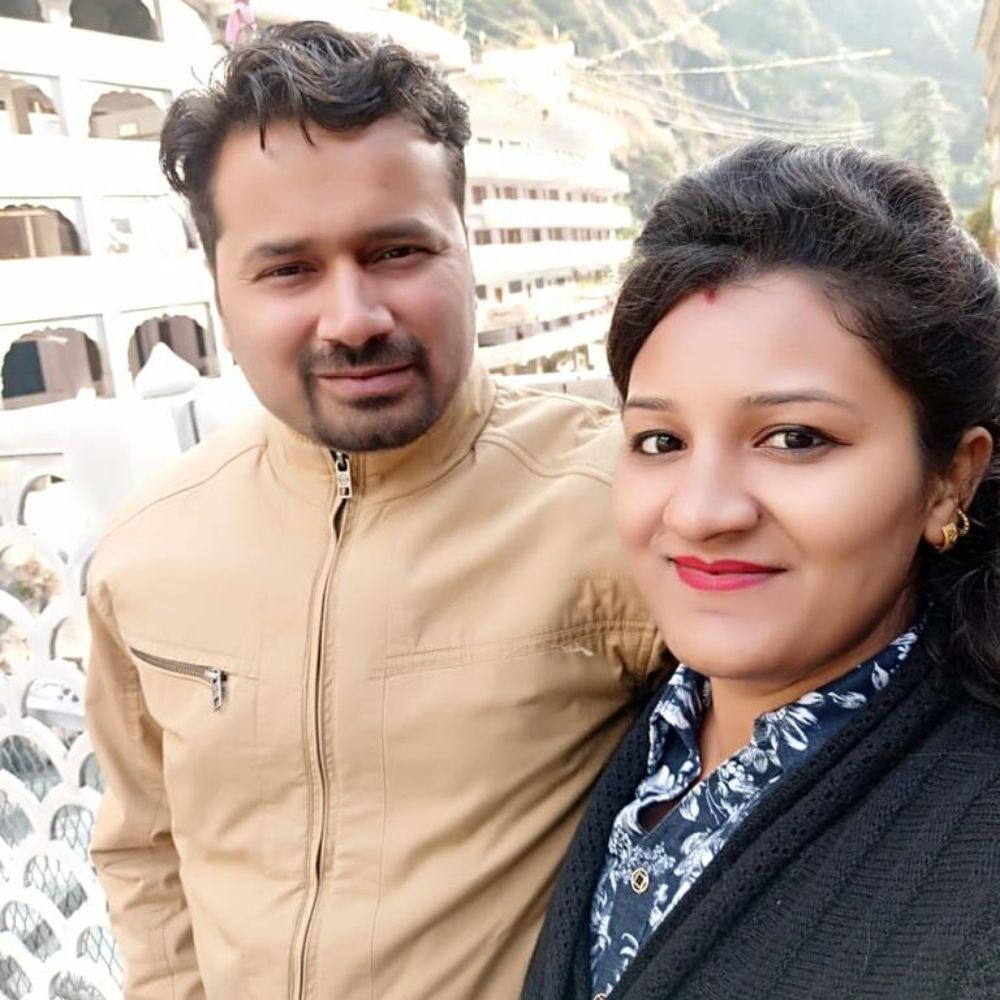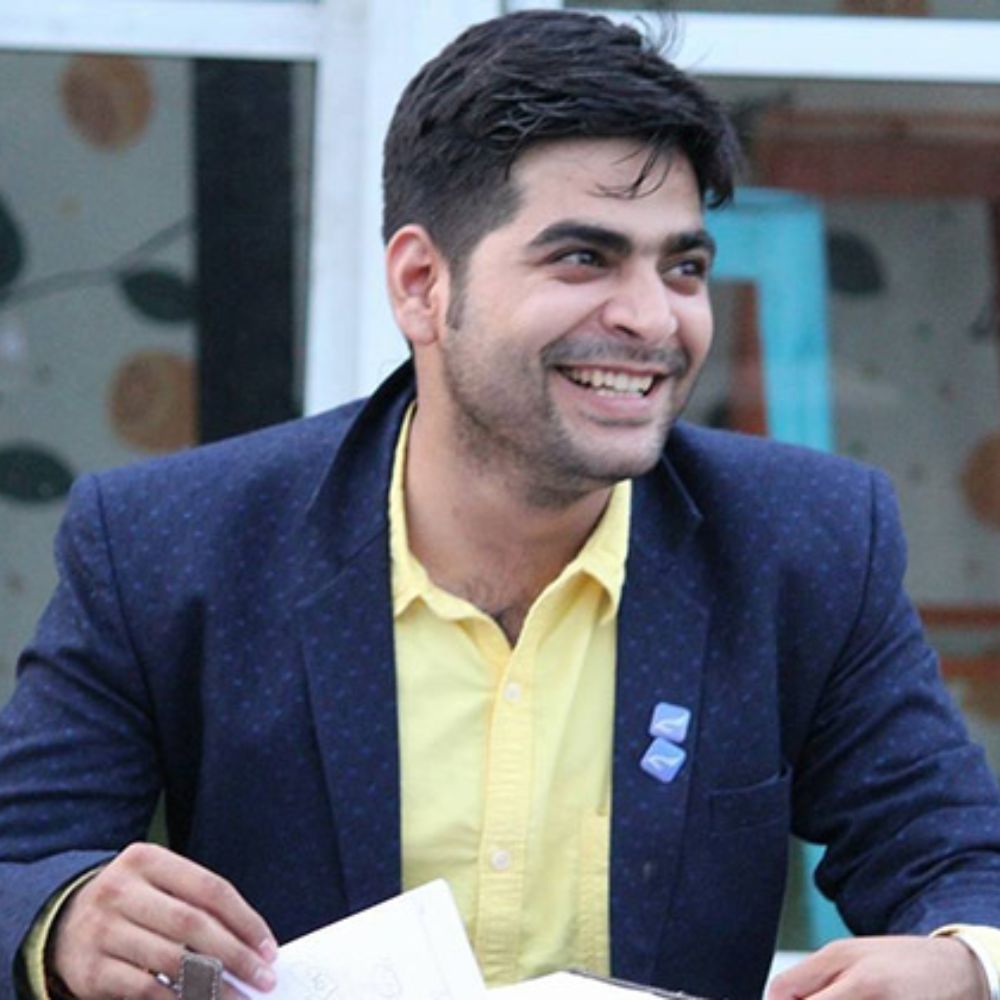The University Grants Commission has revealed the setting up of foreign universities in India.
A lot of Indian students are seeking to study overseas to seek high-quality education. But the reality hits while covering the student loans as well the emotional attachment with the family members causes difficulty in studying in a different country. One can study at half the cost on foreign campuses without leaving the homeland.
The soon-to-be reality for Indian students.
On January 5, the University Grants Commission (UGC) unveiled draft norms to facilitate the “Setting Up and Operation of Campuses of Foreign Higher Educational Institutions in India”. In other words, India is bracing itself to accommodate offshore campuses of some of the top globally ranked universities. According to the guidelines laid down in the draft, these universities will have absolute autonomy in deciding the fee structure, administering the admission process, and repatriating their funds back home.”
Speaking at a press conference, UGC Chairperson M Jagadesh Kumar said: “The new National Education Policy (NEP), 2020, has envisioned that top universities in the world will be facilitated to operate in India. For this, a legislative framework facilitating such entry will be put in place, and such universities will be given special dispensation regarding regulatory, governance, and content norms on a par with other autonomous institutions of India.”
These campuses will be free to design their own admissions procedures and criteria for inviting domestic and foreign students
These foreign entities may decide on fee structures but must be “reasonably transparent”.
They will have no restrictions on recruiting Indian and foreign staff and teachers.
These Campus cannot offer online or distance learning programs
Qualifications awarded to Indian students must be equivalent to those offered by reputable overseas institutions in the country.
Each overseas educational institution will be authorized to transfer funds across borders under the Foreign Exchange Management Act 1999 (FEMA) and maintenance of foreign currency accounts, models or payments, remittances, repatriation, and sale proceeds.
The period for Initial approval for these campuses is 10 years and will be renewed in the ninth year. Moreover, these universities cannot offer courses that could harm the national interest.
Now, just a month and a few days since the draft was released, Union Minister of Education Dharmendra Pradhan announced that “Two Australian universities will be establishing their campuses in the GIFT City in Gujarat. We want to partner with Australia with accessibility, affordability, and quality of education for youngsters”.
Australia’s Deakin University and the University of Wollongong are the two universities that will establish overseas campuses in the International Fintech City (GIFT) in Gujarat, India. Wollongong has a reputation as the first foreign university to open a campus in the United Arab Emirates, while Deakin University is ranked 266 in the QS World University Rankings and is among the top 50 young universities in the world. It is also important to note that Deakin chose India to open its first overseas campus in the world. India is doing what it takes to drive its economic growth and initiate the future transformation of its education sector.
While the decision to host overseas campuses offers hope for a brighter future for India’s education system, some educators have expressed reservations about the move. They see it as potential “damage” to India’s education system, saying it will only lead to the commercialization of education.
Success or failure, it is difficult to predict today the future of this policy. But it’s even harder not to see India’s education system improving these days.
Implementing this policy seems like the next logical step in keeping us a favorite educational destination. However, we must also understand that the implementation of such influential decisions takes time and they should do better to avoid serious conflicts or disagreements at a later stage.















